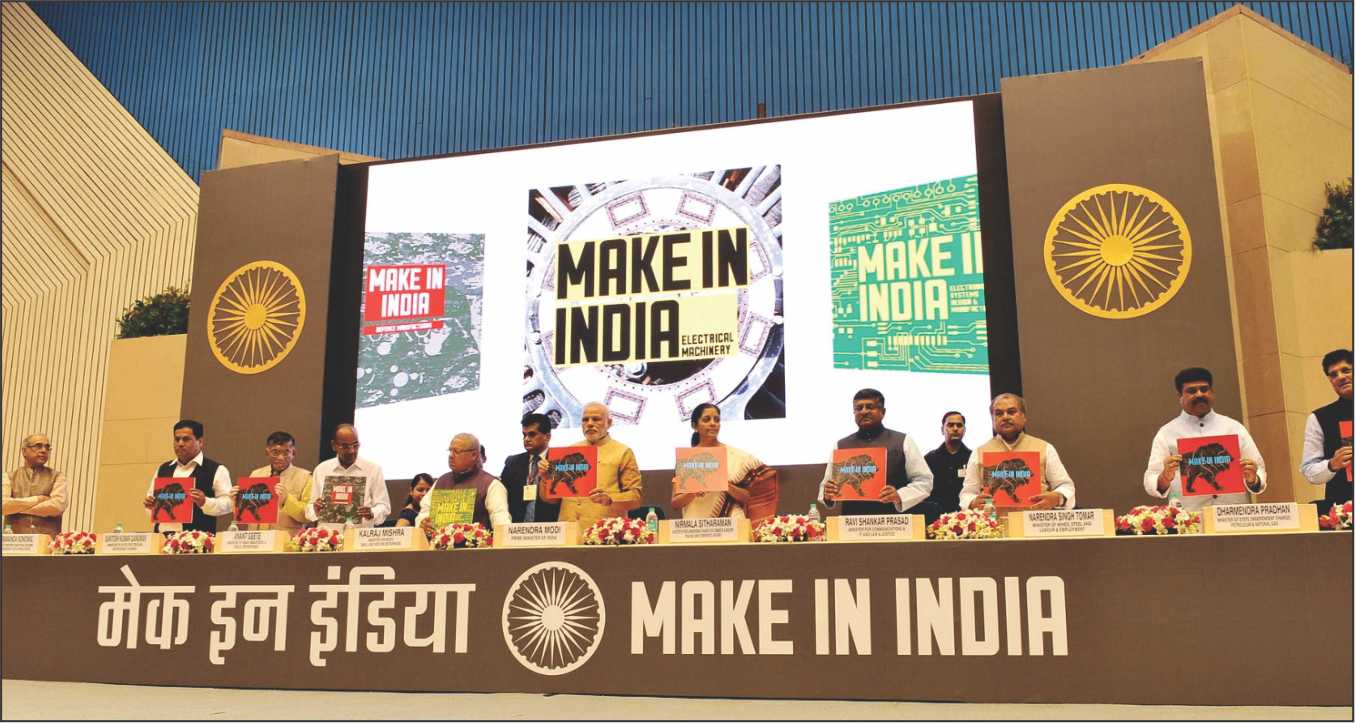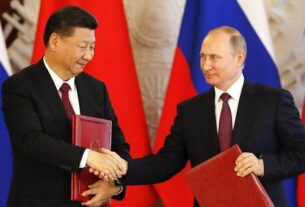Foreign arms manufacturers disappointed: No policy clarity
Most Indian private and foreign defence manufacturers are apprehensive that whether Prime Minister Narendra Modi’s vision about ‘Make in India’ initiative in defence sector will succeed as policy ambiguity still persists in some form or the other.
Although the NDA government is trying to attract investment into defence manufacturing to meet the needs of Indian armed forces but due to lack of policy clarity most of them have held back projects they intended to bring into India in near future.
Most defence manufacturers, both Indian and foreigners, privately admit that they are being disappointed with the new government’s lack of clarity in several areas of defence manufacturing which needs immediate intervention.
Although the new NDA government has made the FDI standard 49 per cent and 100 per cent in some special case, in case it is a state of the art technology venture, yet defence manufacturers do not find India as an attractive destination.
They said during several interactions done by this publication on the success of ‘Make in India’ that Indian government is still trying in the same old format, although there is a new government without changing the rules of the game.
One US arms manufacturer representative who had met Indian Prime Minister in New York recently said that it is difficult to understand why there is a bar on FDI limit in some name or the other.
“If a company comes to India with investment in defence sector it knows what kind of technology it should bring and what will be the market requirement. Now the government is telling them before hand or trying to control their investment judgment by imposing FDI limit,” he said.
Now the ‘Make in India’ may face bigger hurdle if the same type of bureaucrats who were once part of UPA government will continue to guide the Defence Minister and the Prime Minister on enhancing defence manufacturing in India.
India currently imports 75 per cent of its arms requirement from various countries but Indian armed forces always face difficulties on number of counts in coping with life cycle cost and over all maintenance of those systems.
Politically, Prime Minister Modi has made several promises to the voters in terms of creating jobs and improving the health of the ailing Indian economy which had registered only 4 per cent GDP growth in last financial year.
Now, India considers defence manufacturing can uplift the job prospects and make its armed forces self reliant in weapons and platforms procurement.
The main hurdle is India’s policy clarity is not up to global standard and the country is imposing lot of restrictions even without citing what all it is going to offer to the foreign manufacturers in coming years and decades.
Since there is no special incentive, the proposals sent by various foreign arms company representatives based in India have not been favorably granted by their headquarters. Since India is expecting technology and investment from the private and foreign manufacturers, it must offer special benefits.
Most of them demand that the government must consider differently if it wants ‘Make in India’ to succeed in defence sector because other sectors are largely free and there is less restriction whereas it is totally opposite in defence.
The fear of losing intellectual property rights related disputes in India and the judiciary is not so effective in giving quick judgments, also adds to the anxiety of the foreign manufacturers.
Very few Indian companies understand this business and how to go for project management. This is a problem which most of them face while thinking about Indian market. There is no long term planning which can be discussed with industry people for better understanding of the market.
On the other hand, India is looking for getting access to best technology in the world for itself at the cost of others investment and technology.




